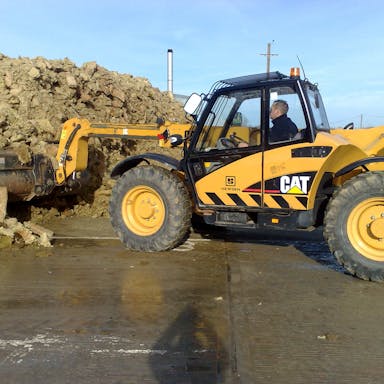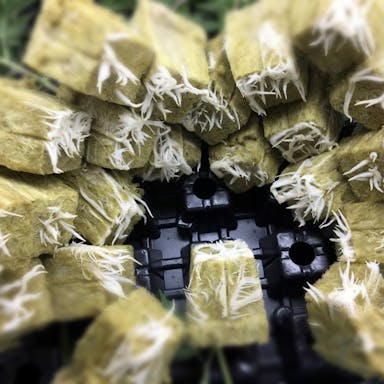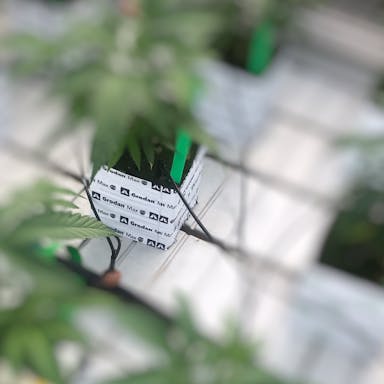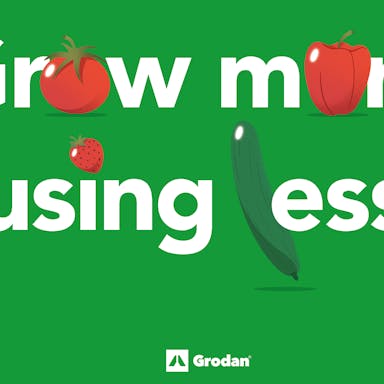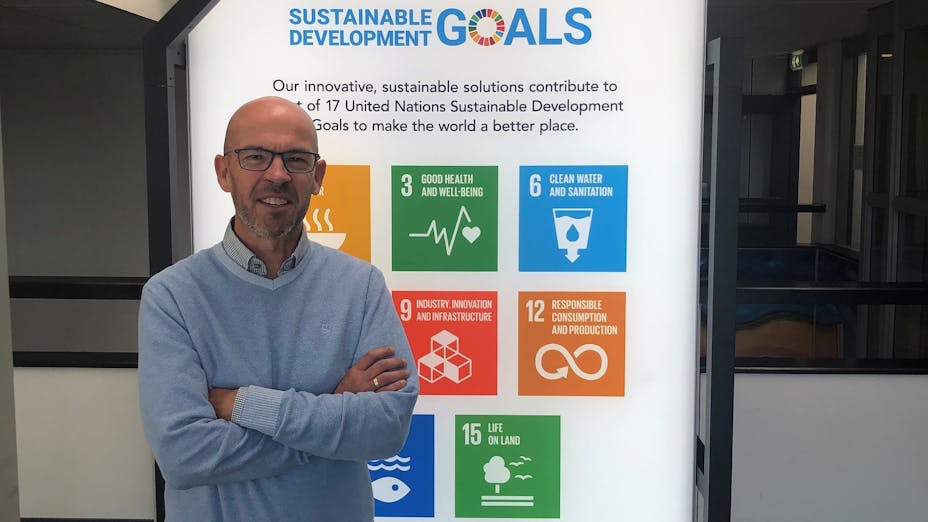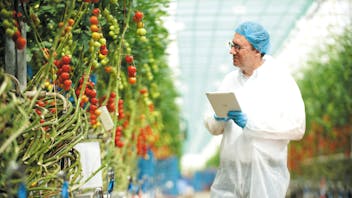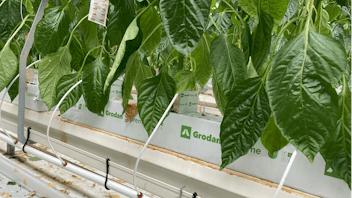How do you contribute to Grodan’s success?
What I love about key account management is that it’s a strategic sales role. It’s about more than negotiating contracts and sealing deals; it revolves around building relationships and looking for ways we can add value for our clients. Having been in the industry for so long, I’ve seen with my own eyes how the market has evolved over the decades. As a result, I can share my insights with customers and they often call me with questions. In fact, I often feel more like an advisor rather than a sales person. That feeling is intensifying now as data is becoming increasingly important for growers. For example, at one customer we’ve just implemented a new GroSens multi-sensor precision irrigation system in combination with our e-Gro data platform. It’s a match made in heaven! By working closely to advise the customer, we’ve been able to help them to not only optimize their irrigation strategy, but also to combine it with other data to support future yield and harvesting forecasts... which will ultimately improve their long-term business performance. Our customer projects are becoming less about solving a problem, and more about taking a forward-looking approach to maximize the customer’s future success – and I love being able to play a role in that!
What do you like most about working at Grodan?
Grodan had always been in the top three on my list of companies that I could imagine myself working for at some point. I was attracted by its solid reputation for dependability and professionalism. And I’m pleased to say that I’ve not been disappointed! On the inside as well as the outside, the organization has a strong commitment to quality supported by a clearly communicated corporate culture. As a result, all members of our workforce are pulling in the same direction and – although things still occasionally go wrong, of course – the overall operation runs like a well-oiled machine. Besides that, I appreciate the fact that Grodan offers so many opportunities for personal and professional development. There are plenty of chances to participate in multidisciplinary projects, for example. Personally, I’m involved in a number of project groups, including one relating to sales and one relating to innovation. It’s a great way to help shape the future development of our company and our products. Above all, I enjoy interacting with not only my direct colleagues, but also with people from other departments and regions that I wouldn’t normally get to meet. Listening to colleagues from other disciplines gives us new perspectives and triggers ideas for further innovation or efficiency. Plus it keeps me in touch with the internal organization, which is a nice counterbalance to my external focus as key account manager.
What do you think many customers might be surprised to know about Grodan?
I think many people don’t realize just how market-driven we are, and how hard we’re working to further optimize our focus on our clients and their needs. In this context, besides the projects I mentioned above, I’m involved in a global Customer Experience project which was initiated just over a year ago. The aim is to translate all the products we offer into relevant solutions that are specifically tailored for particular customer groups. One of the key steps has been to define the various types of customers, or ‘personas’. An Ambassador Team has recently been set up to support our transition from a product-led to a persona-led approach throughout the whole organization. I’m a member of that team on behalf of sales in Europe, alongside a colleague from sales in the USA, colleagues from production, and so on. As this project progresses, we will be able to better utilize customer feedback and other market insights. The ultimate aim is to continuously develop new and improved solutions and communicate them in the right way for each of our customers.
If you were a grower, what crop would you cultivate and why?
I would find it hard to choose between tomatoes or aubergines. Tomatoes are a crop that I know well and I like the fact that the plants can be steered with precision – although it’s far from easy! With aubergines, on the other hand, there are still various challenges when it comes to high-tech production. I believe that some lessons from tomato growing could be applied to aubergine production, and I thrive on putting theories to the test in practice and trying to push things to the max. So perhaps the challenge of aubergines would win me over!
